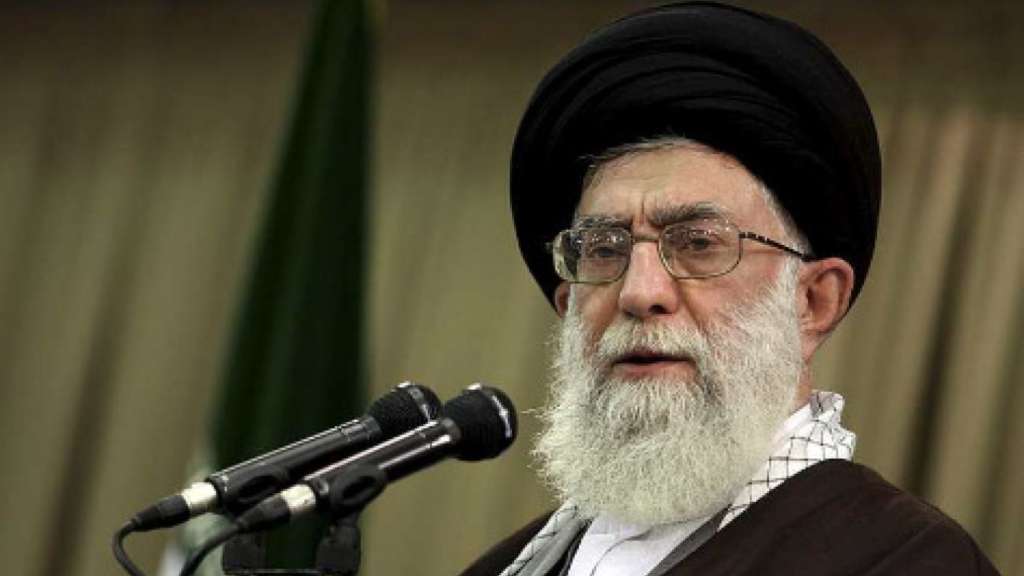After decades of obliviousness, images of streets, gardens, beaches, schools, theaters, and youngsters that tell the story of the recent past were recalled. A past which has become a dream of peace and reconciliation with one’s self in a shared community in an era that has disappeared following decades of dictating extremism that had struck the region.
Feeling nostalgic to the 1960s and 1970s is common between Arabs and Iranians, who regret losing their past due to past political events that ruined their present and turned it upside down.
The change in history repeats Khamenei’s revolution as extremists took over power and Iran became the extremist country inspiring millions of those affected by this revolution and calls for alliance by religious groups in the region.
Cairo, Tehran, Riyadh, Kuwait, Beirut and other Middle Eastern capitals were very different than they are today as people in these cities looked more civilized and streets looked safer.
When those born after that era compare their cities now and then, they find it difficult to believe they are describing the same place and talking about the same people who have changed drastically to become stringent.
When was Tehran happier, in the early 1970s or in the 21st century? Is Cairo, which looks worn out today, different from the city of joy and creativity during the times of presidents Gamal Abdel Nasser and Anwar Sadat?
We neither need pictures from the past nor witnesses of that era; it is enough to listen to this generation’s aspirations that are not different from what their parents had once lived. How ironic that the future they hope for is their parent’s past.
Is it a weird situation? Well, it is weird but not rare.
Our region, which was afflicted by religious “awakening” stage, suffered from religious extremism, yet it is not the only one as China suffered from communist extremist stage that was falsely called the “cultural revolution.”
In 1966, communists led by Mao Zedong carried out an “awakening” plan that was not against the enemies of communism but against their own communist comrades, who they considered less committed than they were.
The Communist Party exploited youth to impose extremist ideas on the community back then, pursued parents and teachers, collected books and burnt them, and destroyed many of China’s cultural symbols and historical monuments.
Their cars roamed the streets and propagated Zedong’s slogans; calling on people to chase after those who do not abide by his precepts.
The Arab-Iranian and Chinese awakening had the same results, as China’s public opinion later voiced its rejection of what had happened as seen by the correctional movement that prosecuted the leaders of the awakening movement and held them accountable.
Later on, China changed, as did its people’s perceptions, ideas, lifestyle, and their relations with one another and with the world.
This nostalgic feeling this generation is expressing is not but a manifestation of the rejection they are expressing for all what is happening nowadays and their desire to return to their parents’ era.
People want to live happily. This does not mean they are less religious, and it does not compromise traditions.
There will come a day when someone from the Iranian regime itself will lead a movement that takes them back to the era of the 1960s and 1970s and gets rid of religious extremism. The same will happen in the Arab world as people will get rid of all the restrictions imposed on them in the name of the “awakening”.
